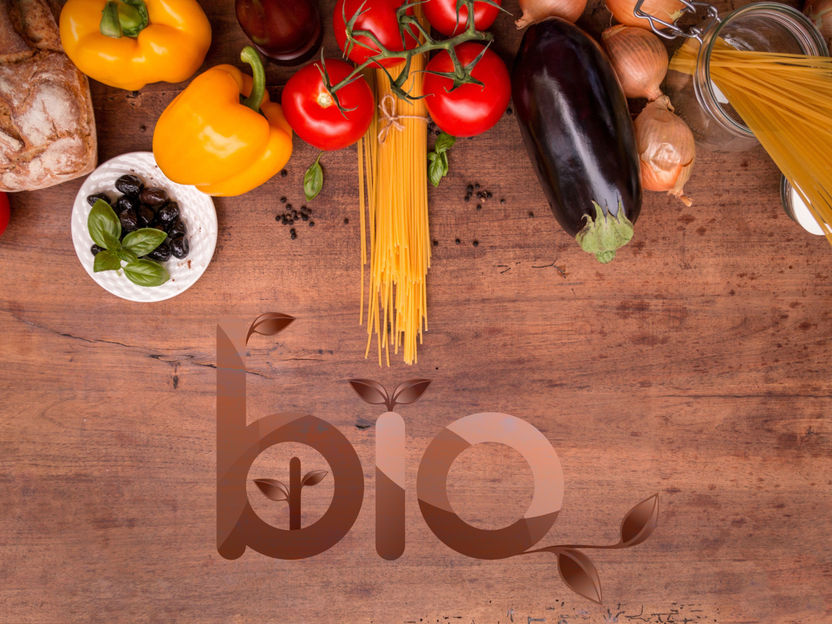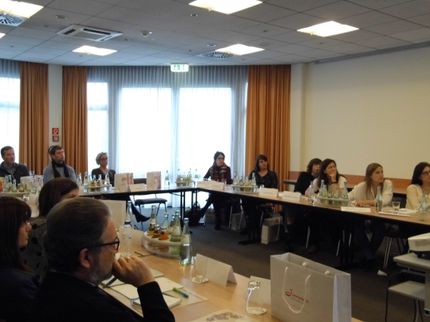Modern Food Biotechnology: Germany and China Pursue Joint Research Plans
Chinese-German symposium at the University of Hohenheim lays groundwork for joint research agenda / joint projects and exchange of early career researchers.
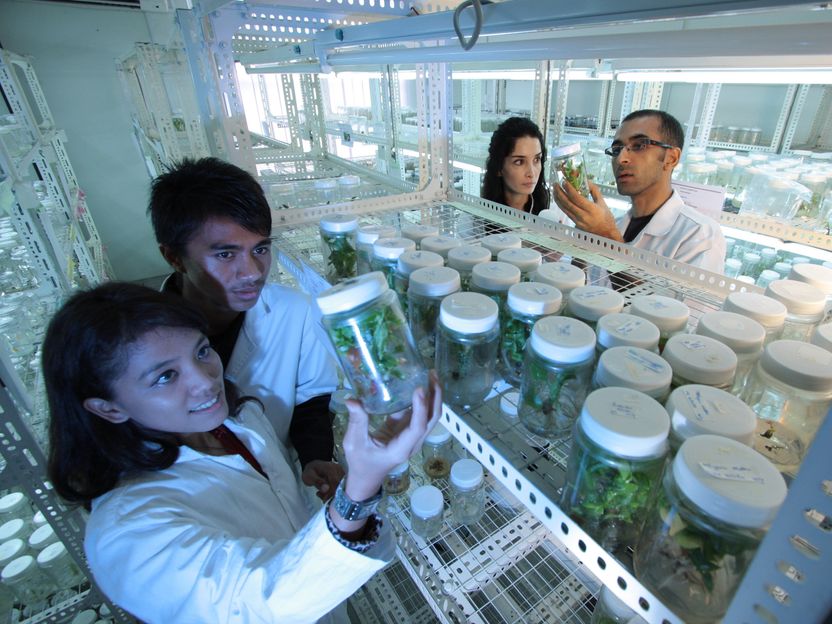
pixabay/felixioncool
Working together for better food: Chinese and German researchers want to cooperate more closely in the future. To close the past week, at a symposium at the University of Hohenheim in Stuttgart, Germany, top scientists in the area of food biotechnology from both countries came to initial agreements on implementing a joint research agenda. Their goal: Developing and improving functional food using basic principles of biochemistry and modern biotechnological methods - in order to introduce healthy characteristics, counteract malnutrition, or optimize texture and taste, for example.
Sugar that doesn’t make you fat but is still sweet and, as icing on the cake, keeps intestinal microbiota healthy: These kinds of food with health-promoting substances can be produced using biotechnological methods.
“With microorganisms and their enzymes, we can transform traditional sugar such that it is not turned into fat by the human metabolism,” explained Prof. Dr. Lutz Fischer, biotechnologist at the University of Hohenheim. “In the intestines, this prebiotic sugar offers certain microorganisms selective nutrition, can balance out the intestinal microbiome, and can even be transformed into metabolites that regulate the feeling of hunger.”
These kinds of functional food have the potential to reduce nutritional and health problems, e.g. increasing obesity and related metabolic diseases. The possibilities research offers for solving these challenges and how the authenticity and safety of food can be ensured was the topic of discussion for around 50 Chinese and German scientists at the symposium “Functional and healthy food ingredients generated through state-of-the-art biotechnology” from 12-14 September at the University of Hohenheim.
Research Network Aims to Close Knowledge Gaps
At the symposium, participants identified gaps in knowledge both in the foundational principles and mechanisms as well as in the necessary technological implementation processes. Building on that, the top researchers from both countries agreed on the cornerstones of a joint research agenda.
“The bilateral cooperation between our food science program and Jiangnan University in Wuxi, which has been growing continually since 2015, will not only be further intensified but also gain a broader basis due to the network’s expansion to include new, renowned partners in China and Germany,” reported Dr. Irene Huber, Managing Director of the Hohenheim Research Center for Health Sciences, which supported the symposium’s organization.
“These are exciting topics that are to be worked on together over the course of the next few years, e.g. the modification of bioactive substances for the targeted modulation of the intestinal microbiome, the development of techno-functional and biofunctional properties of food substances to reduce the allergenic potential, improve taste, introduce new health-promoting characteristics, or optimize storage properties. We are very pleased at the positive resonance of all participants and will be happy to support the research network’s next steps.”
The foundation for cooperation has been laid. Next up will be to systematically close the research gaps identified, jointly look into new topics, and implement these in innovative technologies and products.
Second Symposium 2019 in China
The symposium participants have already agreed on bilateral and multilateral collaborative projects in smaller discussion rounds. What is also planned is cooperation involving an exchange of students and scientists at all career stages.
The initial results of these German-Chinese cooperation projects are to be presented in around one year: the follow-up workshop planned for the fall of 2019 is to take place at Jiangnan University in Wuxi, China - and the network’s joint research agenda will also be finalized.
Most read news
Organizations
Other news from the department science

Get the food & beverage industry in your inbox
By submitting this form you agree that LUMITOS AG will send you the newsletter(s) selected above by email. Your data will not be passed on to third parties. Your data will be stored and processed in accordance with our data protection regulations. LUMITOS may contact you by email for the purpose of advertising or market and opinion surveys. You can revoke your consent at any time without giving reasons to LUMITOS AG, Ernst-Augustin-Str. 2, 12489 Berlin, Germany or by e-mail at revoke@lumitos.com with effect for the future. In addition, each email contains a link to unsubscribe from the corresponding newsletter.
Most read news
More news from our other portals
Last viewed contents
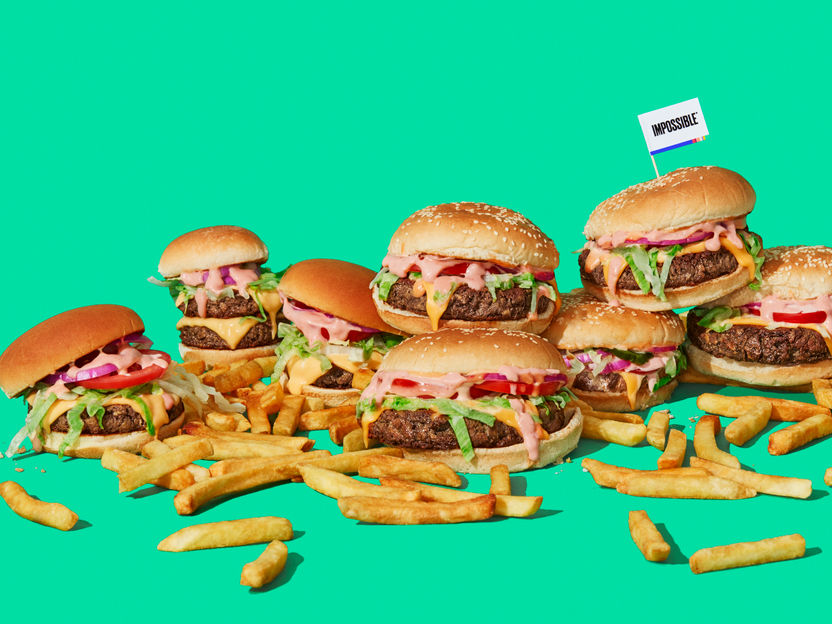
Impossible Foods Closes $200 Million In New Funding To Accelerate Growth - Impossible Foods will use the latest investment round to continue the expansion of R&D, product development, international operations and other core functions

Nestlé tops Access to Nutrition Index, improves healthfulness of products
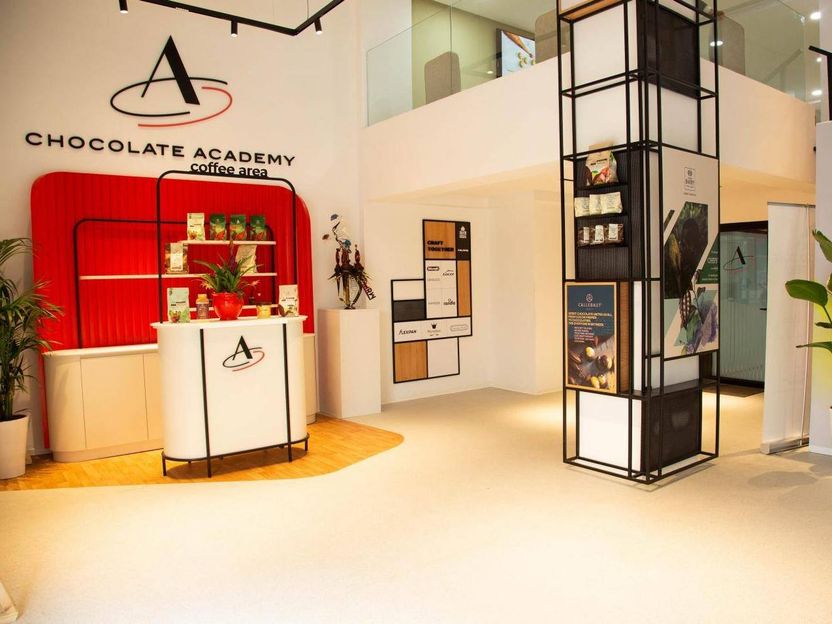
Barry Callebaut opens new CHOCOLATE ACADEMY™ Center in Casablanca, Morocco - Bringing chocolate expertise to the growing North African market
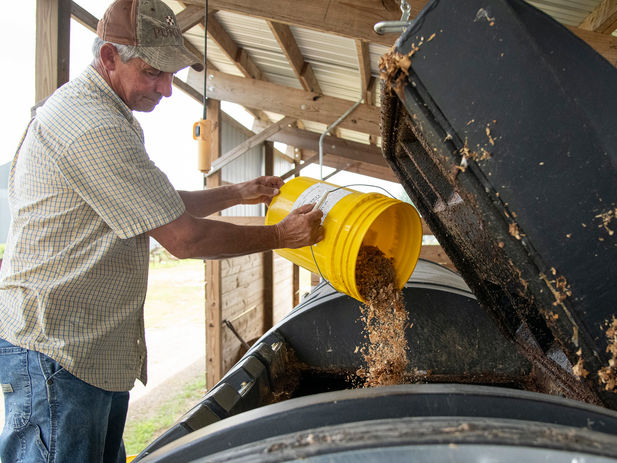
Vermont’s pioneering food waste laws are popular, but vexing issues remain - New research on Vermont’s first-in-the-nation food waste law and single-use plastics ban identifies areas for improvement

Plant-based push: UK sales of meat-free foods shoot up 40% between 2014-19

Monster Beverage Corporation to Acquire CANarchy Craft Brewery Collective - Transaction Provides Springboard for Monster to Enter Alcoholic Beverage Sector

Winkler und Dünnebier Süßwarenmaschinen GmbH at ProSweets Cologne 2016

Study finds picky eaters are put off by food depending on plateware colour - Researchers examining the characteristics of picky eaters have found the colour of the bowl food is served in has an influence on taste
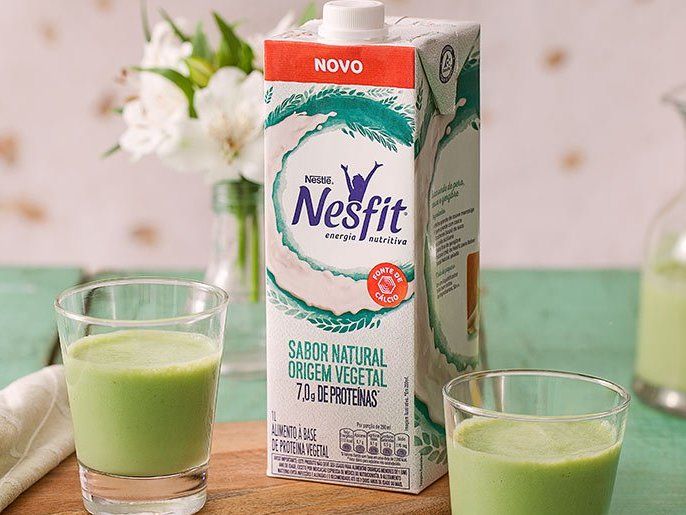
Nestlé continues to expand its portfolio of plant-based dairy alternatives - Plant-based products made from pea protein is a key focus area for Nestlé
